

SHAMIS TATE'S GUIDE
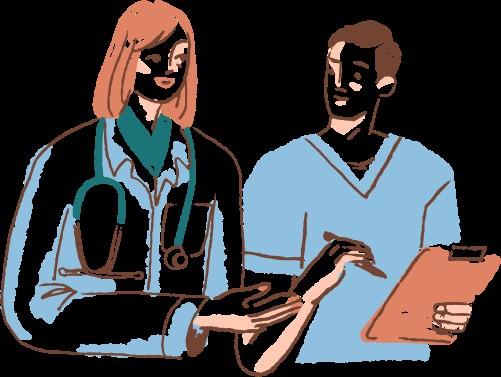
TO EFFECTIVE THERAPIES AND LIFESTYLE ADJUSTMENTS

INTRODUCTION
Shamis Tate's Guide to Managing
Neuropathic Pain provides comprehensive insights into the effective strategies and lifestyle adjustments essential for individuals grappling with neuropathy.
Neuropathic pain, often described as shooting, burning, or tingling sensations, can significantly impair one's quality of life. However, armed with the right knowledge and approach, individuals like Shamis Tate can better navigate this challenging

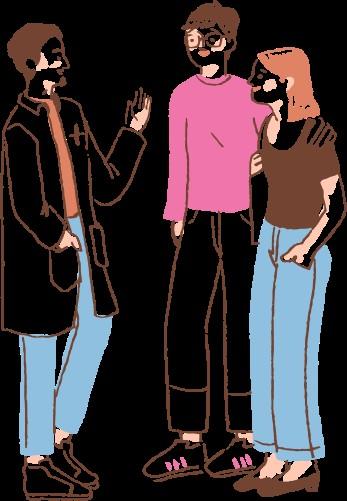


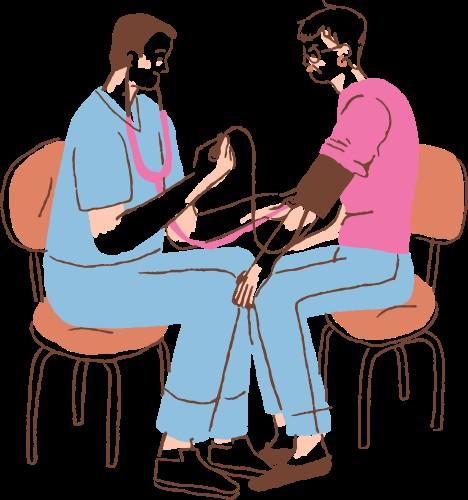
UNDERSTANDING NEUROPATHIC PAIN
Neuropathic pain stems from damage or dysfunction of the nervous system, leading to abnormal signals sent to the brain. Shamis Tate's guide begins by demystifying this pain, elucidating its origins and diverse manifestations. By understanding the underlying mechanisms, individuals can better grasp the rationale behind various

EFFECTIVE THERAPIES
His guide explores a myriad of therapeutic interventions tailored to alleviate neuropathic pain. From medications such as anticonvulsants and antidepressants to topical treatments and nerve blocks, the arsenal against neuropathy is vast. By delineating the pros and cons of each therapy, individuals can make informed decisions in collaboration with their healthcare providers.

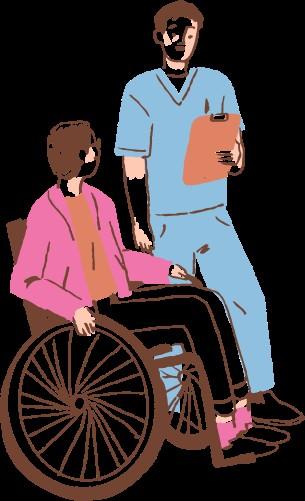


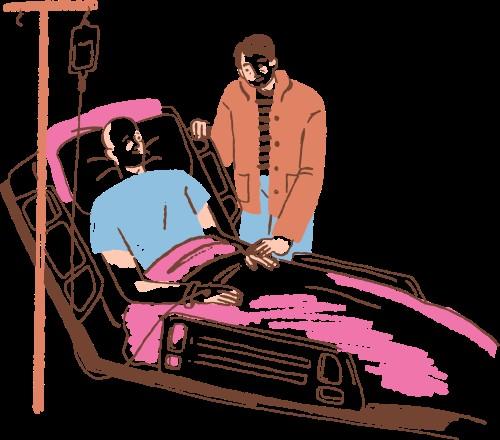
LIFESTYLE ADJUSTMENTS
Beyond pharmacotherapy,
Shamis Tate emphasizes the pivotal role of lifestyle modifications in managing neuropathic pain. Adopting a balanced diet, engaging in regular exercise, and practicing relaxation techniques can help mitigate pain and enhance overall well-being. Additionally, optimizing sleep hygiene and minimizing stress are integral components of a holistic approach to pain management.

INTEGRATIVE APPROACHES
His guide advocates for the integration of complementary therapies to augment conventional treatments. Techniques such as acupuncture, massage therapy, and chiropractic care have shown promise in alleviating neuropathic pain and improving functional outcomes. By embracing a multimodal approach, individuals can synergistically address various facets of their pain experience.

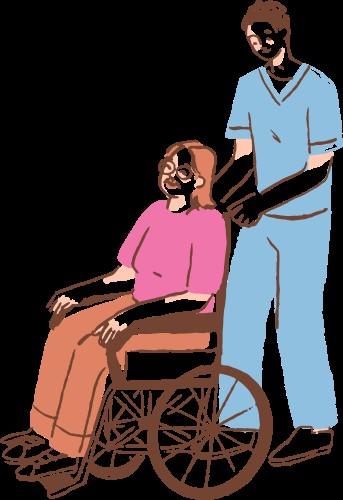


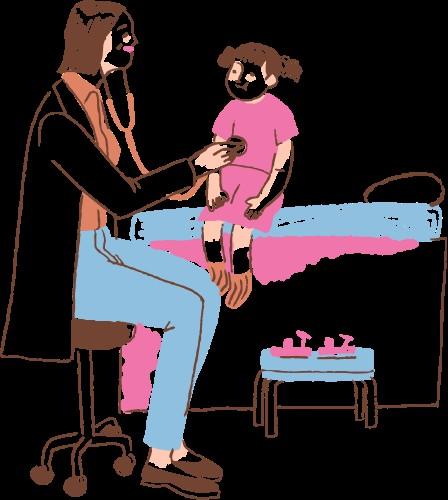
PSYCHOSOCIAL SUPPORT
Neuropathic pain not only exacts a physical toll but also imposes emotional and psychological burdens. Shamis Tate underscores the importance of seeking psychosocial support to cope with the challenges of chronic pain. Support groups, counseling, and mindfulness-based practices offer invaluable resources for cultivating resilience and fostering a sense of community among individuals navigating similar struggles.


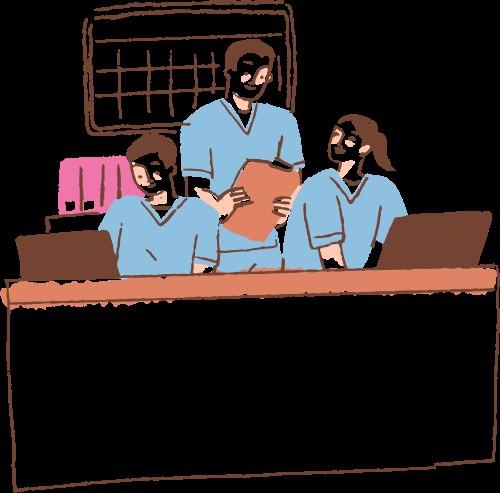
THANK YOU

